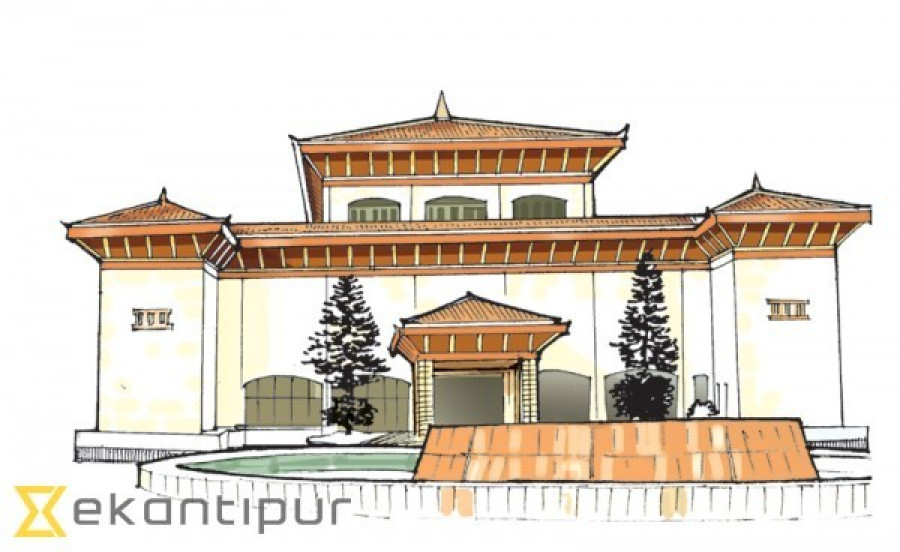National
Ruling coalition hopeful on UML coming to terms
As the Supreme Court paved the way for the government to table the second constitution amendment bill in Parliament for deliberation, ruling parties have said that any decision on the constitution amendment bill should be taken by the Parliament after detailed deliberations on the contents.
Sarin Ghimire
As the Supreme Court paved the way for the government to table the second constitution amendment bill in Parliament for deliberation, ruling parties have said that any decision on the constitution amendment bill should be taken by the Parliament after detailed deliberations on the contents.
Stating that talks were on with the main opposition to come to terms on the bill, leaders have said that they were hopeful on finding an amicable solution before the next Parliament meet scheduled on January 8.
However, one of the pertinent issues—changing federal delineation— remains a bone of contention. Declining to issue an interim order against the preparations to forward the proposal, the court nevertheless reminded the political parties of Article 274 (4), which states that consent of the concerned provincial assembly is required while redrawing their boundaries.
With the main opposition CPN-UML softening its stance on allowing Parliament proceedings, leaders say the ruling coalition of CPN Maoist (Centre) and Nepali Congress has three options to consider with the amendment bill. The first option would be to table the bill as it is, including the provision of redrawing the boundary of Province 5. In such a scenario, the coalition leaders are ready to take the amendment bill to vote to decide its fate, and if the bill is passed, leaders are said to be willing to accept whatever the court decides later on changing the federal boundary without the consent of the provincial assembly.
According to NC leader Ram Sharan Mahat, the court has left space for it to intervene in such case. "Therefore, the crux of the matter was to debate the bill in Parliament. Then we could have a more overall picture of where the bill was headed," he said.
Another school of thought prevailing within the ruling coalition was to make changes to the amendment bill by withdrawing the provision of changing state delineation. In such a case, leaders believe it would be easier to convince the UML to vote in favour of the bill.
The third option leaders foresee was to amend Article 274 (4) to allow the Parliament to make a final call on redrawing federal boundaries, removing the provision of having to take consent of the provincial boundary for it. Ruling coalition leaders believe that if a two-thirds majority is guaranteed to pass the amendment bill, then the same votes could amend the article as well.
Deputy Prime Minister and Home Minister Bimalendra Nidhi said talks were on to give the constitution amendment bill a safe landing. “Such a case to amend the article and redraw federal boundaries is also a possibility. But the main thing now is that the court has clearly stated that Parliament is solely authorised to make and amend laws. After required deliberation, Parliament will decide the fate of the bill,” Nidhi told the Post.
CPN Maoist (Centre) leader Giriraj Man Pokhrel also said talks were on with the main opposition to support the bill without any changes in Parliament.




 20.12°C Kathmandu
20.12°C Kathmandu














